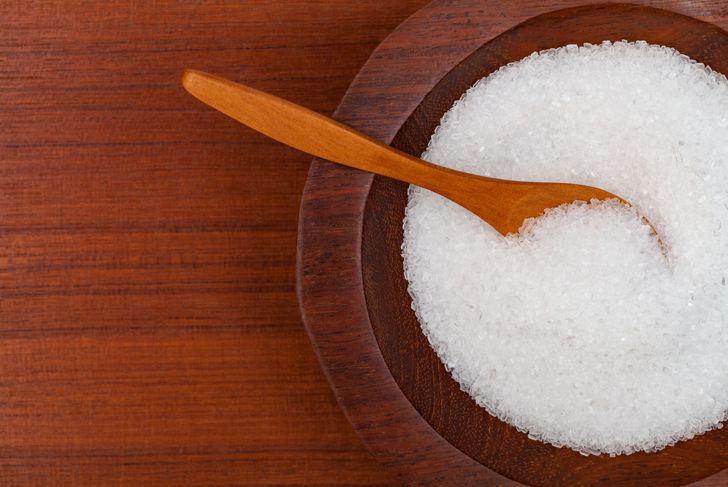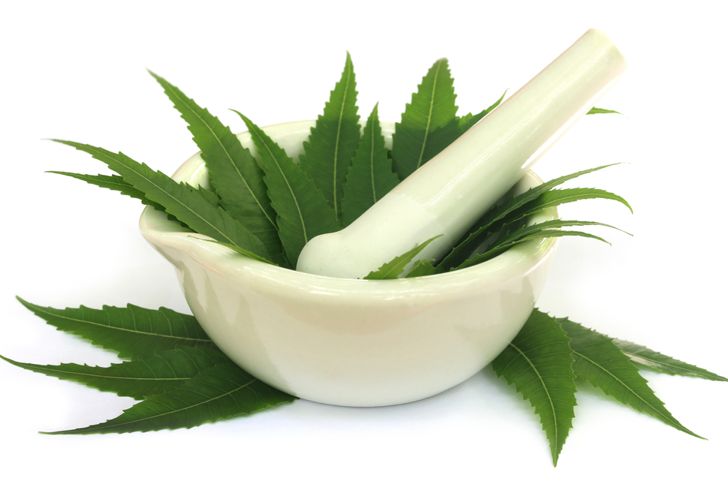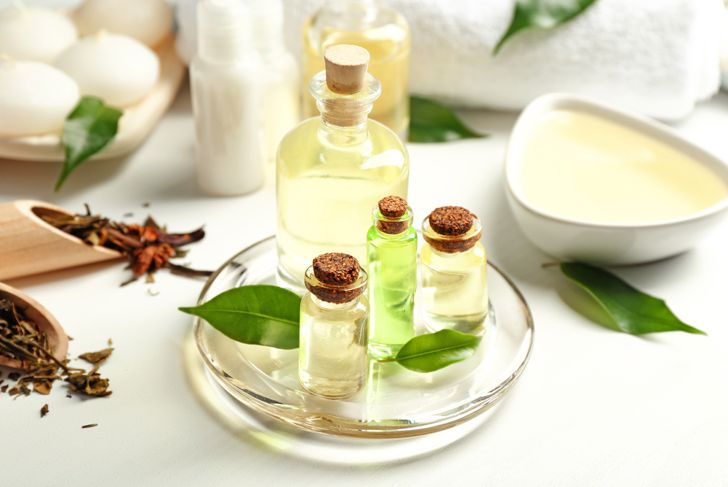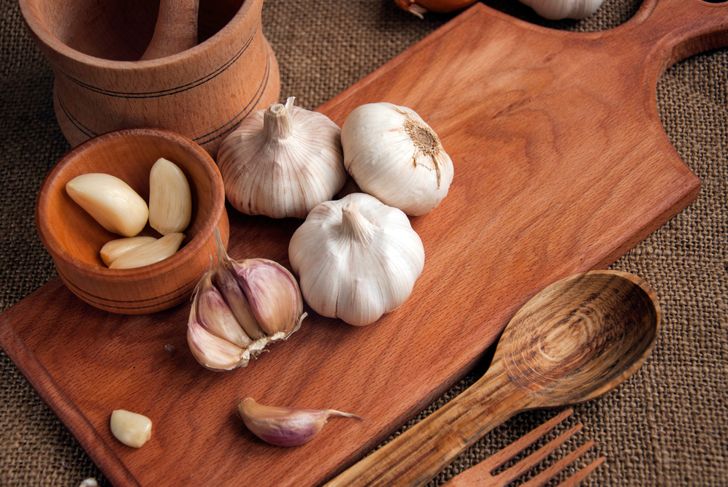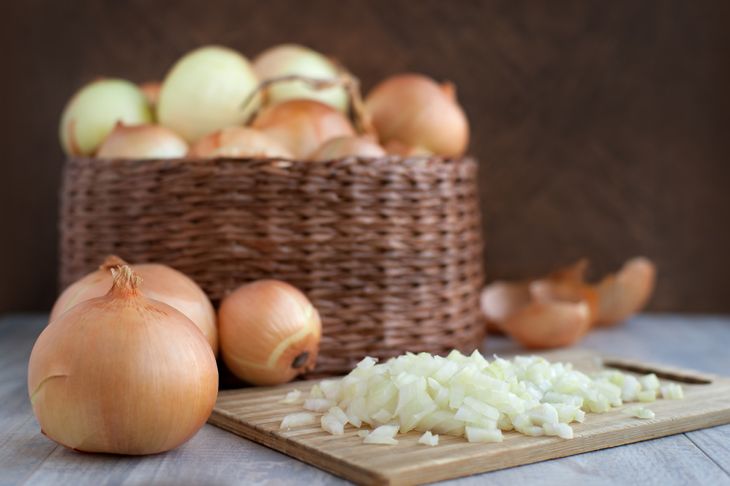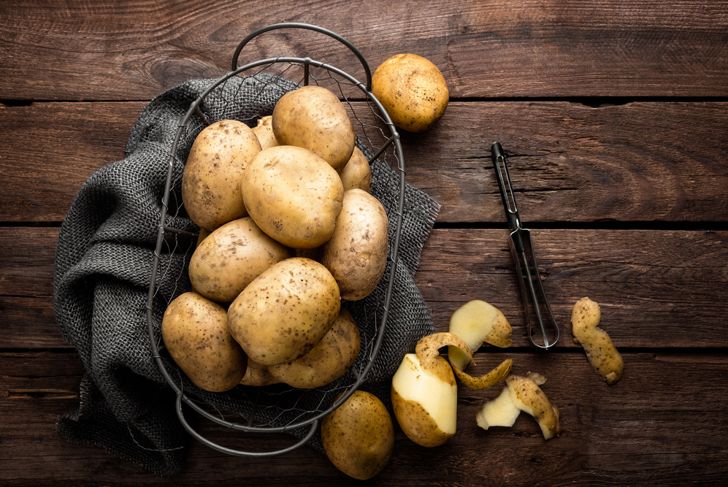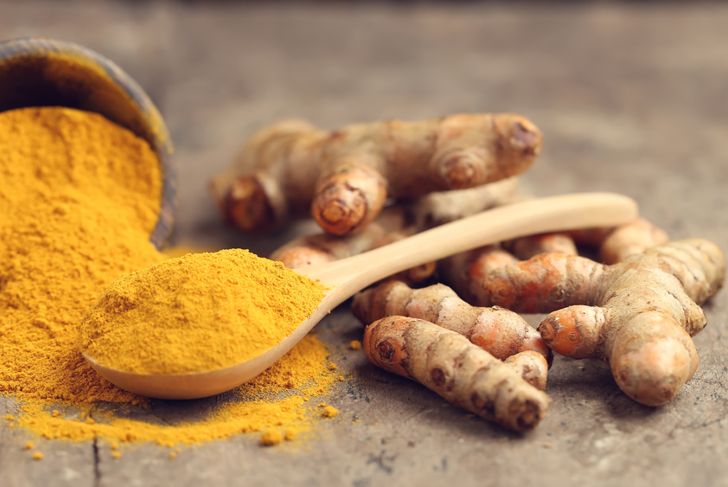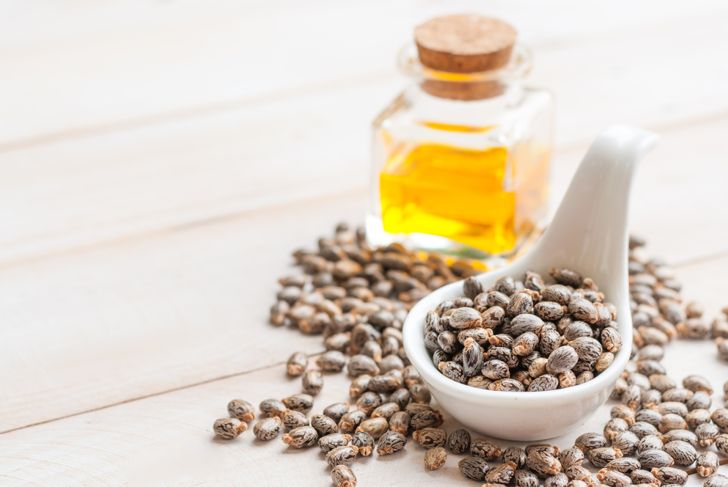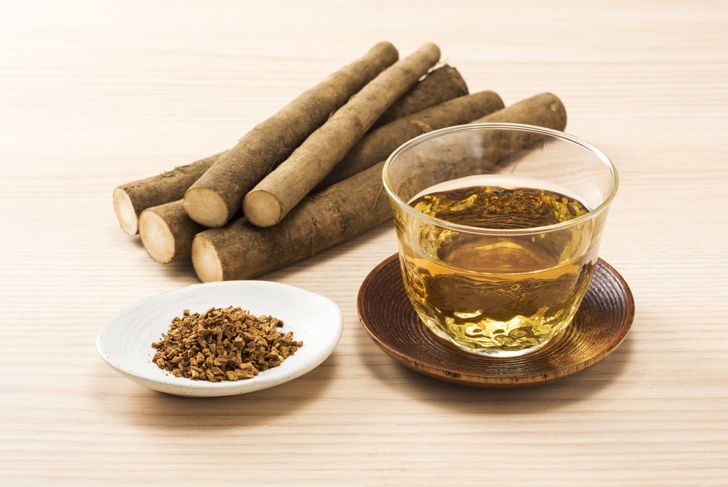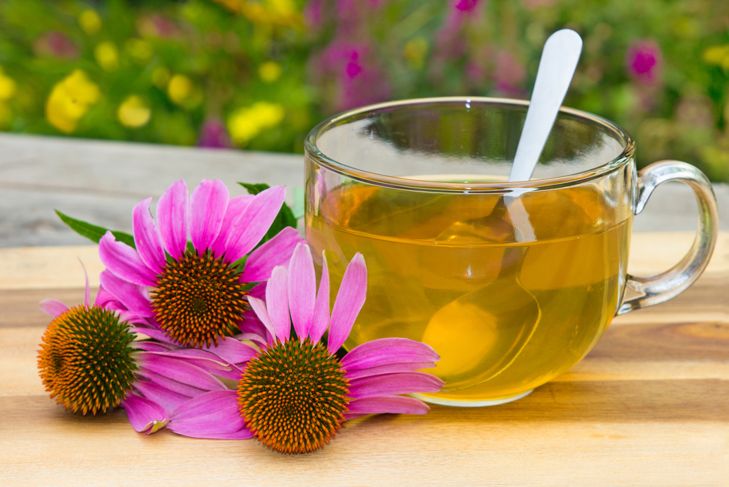A boil is a painful skin infection. It is the result of an infected hair follicle or oil gland. If you notice that there’s an area on your skin that is red and tender, you could be developing a boil. You may notice the area turning white after several days as pus begins to collect under the skin. Boils can form anywhere on the body. However, they are most commonly found on the face, neck, armpits, shoulders, and buttocks. There are several different remedies used to treat boils and give you some relief.
Epsom Salt
Epsom salt is great for using on boils to provide relief. The Epsom Salt works to bring the boil to a head and draw out the infection. It’s natural properties fight against bacteria and help reduce the chance of future skin infections. Epsom Salt also creates heat which increases blood circulation, draws out the infection and allows the body to focus on healing the boil. To use Epsom Salt, you can fill a basin with warm water and add two cups of Epsom Salt. Soak the infected area 10 – 15 minutes and let it dry naturally. Repeat three times per day. You can also use an Epsom Salt compress by combining two teaspoons of Epsom Salt with two cups of warm water. Dip a clean cloth in the mixture, wring it out and apply to a boil for 15 minutes. Do this three times daily.
Neem Leaves
All parts of the Neem plant can be used medicinally. However, the leaves are most effective in the treatment of boils. Neem leaves contain properties that are anti-inflammatory, antiulcer, antibacterial, antifungal, antiviral, anticarcinogenic, antimutagenic, antioxidant and immunomodulatory. To use Neem leaves to get relief from a boil, simply crush the leaves and mix them with warm water until a paste is formed. Apply the Neem paste to the boil and allow it to dry. You should apply the mixture once per day.
Tea Tree Oil
The antibacterial, antifungal and antimicrobial properties contained in tea tree essential oil are very beneficial for boils and speed up healing time. To use tea tree oil for a boil, wash the boil and surrounding area with warm water. Then, put a few drops of tea tree oil directly on the infected area and rub it in. If you find that the essential oil is irritating to your skin, you can dilute it with some water. Place an elastic bandage over the boil so that the tea tree oil will soak in. Wash your hands thoroughly to prevent the spread of infection.
Garlic
Garlic is well-known for its health benefits. Therefore, it is no surprise that you can use it to treat a boil. It contains several active ingredients which have a natural antibiotic effect. To use garlic, crush two or three fresh cloves and mix with water until a paste is formed. Apply the paste directly to the boil and cover with a bandage to keep the paste on the affected area. You can also make garlic a regular part of your diet to fight infection from the inside out.
Onions
While you may not instantly think of onions as an effective boil treatment, you can, in fact, use onions to get relief from the discomfort caused by the boil. The flavonoids and essential oil properties combine to remove toxins and inflammation from the boil while at the same time disinfecting the area. You can thinly slice an onion and place the slices directly over the boil. Secure the area with a bandage to keep the onion slices in place. You can also boil onions and then apply the onion water to the boil with a clean cloth.
Potatoes
Potatoes have been used for centuries to treat skin infections. They are high in vitamins that are beneficial to the skin and can provide restorative nutrition to the affected skin. Potatoes can be used by thinly slicing the potato and applying them directly to the boil. Alternatively, you can grate a potato and squeeze out the juice and apply the juice to the boil using a cotton ball.
Turmeric
Because a boil causes painful inflammation, you likely want relief. You can achieve this by using turmeric. The active compound in turmeric is curcumin, making turmeric one of the most potent anti-inflammatory agents known. You can take turmeric orally and apply it topically to help clear up the boil. If applied directly to a boil, you can mix it with water to form a paste.
Castor Oil
Castor oil is great to use on a boil because it keeps the skin lubricated and fights infection. It helps draw out the infection naturally so that the boil can heal faster. Castor oil is so beneficial because it has anti-inflammatory, antifungal, antiviral and antibacterial properties. You can apply a few drops with an eye dropper to the infection area and rub it in. You can also apply it with a cotton ball by dabbing the area with the oil.
Burdock Oil
Burdock oil is something you might not know about. It contains purifying properties that may help heal a boil quicker by flushing out toxins from the infected area. Its natural anti-inflammatory properties can reduce the redness and swelling that accompanies a boil. The natural antibiotic properties of burdock oil are a great remedy for difficult boils. Burdock tea can be applied directly to the boil with a clean, warm washcloth. You can also drink Burdock tea. However, you should keep in mind that it is a natural diuretic and can cause gastrointestinal issues.
Echinacea
Echinacea is used to shorten the duration of the common cold. It contains antitumor, antiviral, antibacterial and immunostimulant properties associated with faster healing times. Echinacea has also been shown to inhibit Staphylococcus aureus which is often the culprit responsible for boils. To use Echinacea, prepare it as a tea and apply it directly to the boil.

 Home
Home Health
Health Diet & Nutrition
Diet & Nutrition Living Well
Living Well More
More